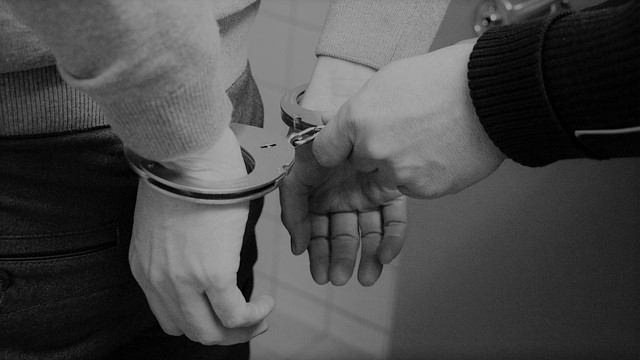
How common are DWI’s in Texas?
DWI (Driving While Intoxicated) charges in Texas are among the most charged offenses, meaning people are commonly arrested for DWI. In fact, the number of DWI arrests has grown exponentially over the past decade. Part of this is due to increased pressure from the Texas legislature to crack down on drinking and driving and part of this is due to police departments and the Texas Department of Public Safety focusing their efforts on arresting people who drink and drive.
What happens if I get pulled over and I have been drinking?
Traffic stops (getting pulled over) if you have been drinking almost always happen the same way. The driver will either be swerving in between lanes, they will be driving too fast or they will be driving too slow. Any of these will give a police officer reasonable suspicion to pull you over. Lets take the swerving hypothetical. If you fail to maintain a single lane, the officer will activate his overhead lights and maybe his siren and pull you over. The officer will then get out of his vehicle and approach yours. At this time, the officer will ask you roll down your window and will ask for your license and registration. It is at this time that the DWI “investigation” will begin. Most of the time, the officer will indicate that your eyes are red or bloodshot, he can smell the odor of alcohol on your breath and/or you are slurring your words or what we in the business call “being thick-tongued”. Any of these signs can result in the officer extending the traffic stop to continue his DWI investigation.
What are these road side tests?
After the officer sees these indications, he will most likely ask you step out of the vehicle to begin the Standard Field Sobriety Test (SFST for short). These are the roadside tests that most people have seen someone do. These tests were created by the NHTSA (National Highway Traffic Safety Administration). These tests (there are three main ones) are supposed to assist the officer in determining whether you are above the legal alcohol limit (currently .08 in Texas) or if you have “lost the normal use of your mental and/or physical faculties”. The first of the three main tests that will be given is the Horizontal Gaze Nystagmus test (supposed to be the most accurate) which consists of the officer having you follow his finger or a pen side to side and up and down to see if there is involuntary twitching in your eyes. The second test is the Walk and Turn where you take nine steps heel-to-toe and then take a series of small steps to turn around and repeat the nine steps back. The last test is the One-Legged Stand, this is where you stand on one leg for about 30 seconds. There are certain clues that the officer is looking for on each of these tests. The fail point on all of these tests are fairly low.
Most of the time, after these three tests, the officer will have determined whether or not you are intoxicated to the point that cannot operate a motor vehicle. Most of the time, the officer will think you are intoxicated and will take you into custody (arrest you).
Should I give my blood or breath?
After you are arrested, you will most likely be asked to submit to a breath test or a blood draw to determine exactly what your Blood Alcohol Concentration is. If you are at or above a .15 you will be charged with a Class A misdemeanor. Anything under that will be a Class B misdemeanor. You should NEVER voluntarily give a specimen of your blood or breath. The tests can faulty and a lot of times proper procedure is not followed which can result in incorrect results.
Does a DWI suspend my driver's license?
With a DWI arrest, your license will most likely be suspended. Its important to know that to keep your license, you must request a hearing within 15 days. The criminal defense lawyers at Nickols & White can help you do this. After you are arrested, it may be a few months before the District Attorney’s Office formally bring the charge against you. It is best to be proactive about your situation and hire an attorney within one week of being arrested. A lot of the damage can be mitigated with a good attorney on your side early on.
How does a DWI affect my livelihood?
The repercussion of a DWI can be far-reaching. Not only can your license be suspended, but if convicted, you are looking at thousands of dollars in fines over the next few years, DWI classes and most likely probation. DWIs in Texas are not eligible for what is called Deferred Adjudication, a fancy term for a conditional dismissal. With Deferred Adjudication, you can seal your record so private individuals and organizations cannot see that you were arrested. DWIs, however, will always result in a conviction or a “black-mark” on your record. This could be disastrous to your future employment, educational goals, and even your citizenship if you’re not an American citizen. You can also be deported if you are not a citizen simply because of a DWI conviction. Because the stakes are so high, a lot of DWIs are taken to trial. Its important that you have an experienced criminal defense trial lawyer on your side if you are arrested for DWI.
I was arrested for DWI, what do I do now?
Don’t wait! The Fort Worth criminal defense attorneys at Nickols & White, PLLC, have handled hundreds of DWI cases and are experts at evaluating every aspect of a DWI case. Call them at (817) 617-7500 if you are facing a DWI charge.




